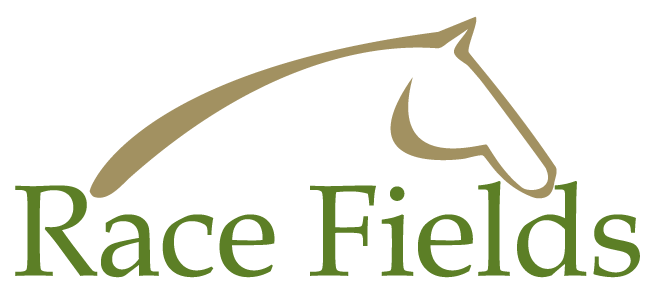A weak Australian dollar has made selling tougher for New Zealand breeders at the premier yearling sale, but local buyers revelled in their new-found power.
Australian buyers usually dominate the locals at the premier sale but this year they could only get $A1.06 to the NZ dollar, much tougher for them than the $A1.25 they got a year ago.
Ultimately it made a difference to the sale, with most of the important selling statistics down.
At the end of the two-day sale, there were 326 yearlings sold at an average price of $NZ144,578, significantly down from last year's average of $NZ158,054.
The median was also down from $NZ120,000 to $NZ110,000, though the clearance rate of 78 per cent was only one percentage point down from the year before.
Opinions varied about how the exchange rate affected the sale, though for Cambridge Stud's Sir Patrick Hogan it impacted more at the middle to lower end of the market.
"The well-bred, good quality horses sold - at that end the exchange rate didn't have such an effect," he said.
"But at the lower end, at about $NZ120,000 to $NZ140,000, they had no margins."
The big beneficiaries were the local buyers. They accounted for 42 per cent of turnover, much higher than the 30 per cent in 2013.
None benefited more than leading Waikato syndicator David Ellis, who spent $NZ6.42 million on 35 yearlings.
"It levelled the playing field, and the Australians haven't got that huge advantage that they've had in the past," he said.
"But having said that, there's still been plenty of competition on the good horses."
If the exchange rate remains the same it may make New Zealand buyers more competitive at the Sydney Easter sale, though they are still likely to need to spend much more money than they did at Karaka.
Waikato Stud headed off Cambridge Stud for the first time as leading seller at Karaka, while Australian-based stallion Fastnet Rock was easily the leading sire.
 InglisDigitalAUS
InglisDigitalAUS InglisDigitalUSA
InglisDigitalUSA







